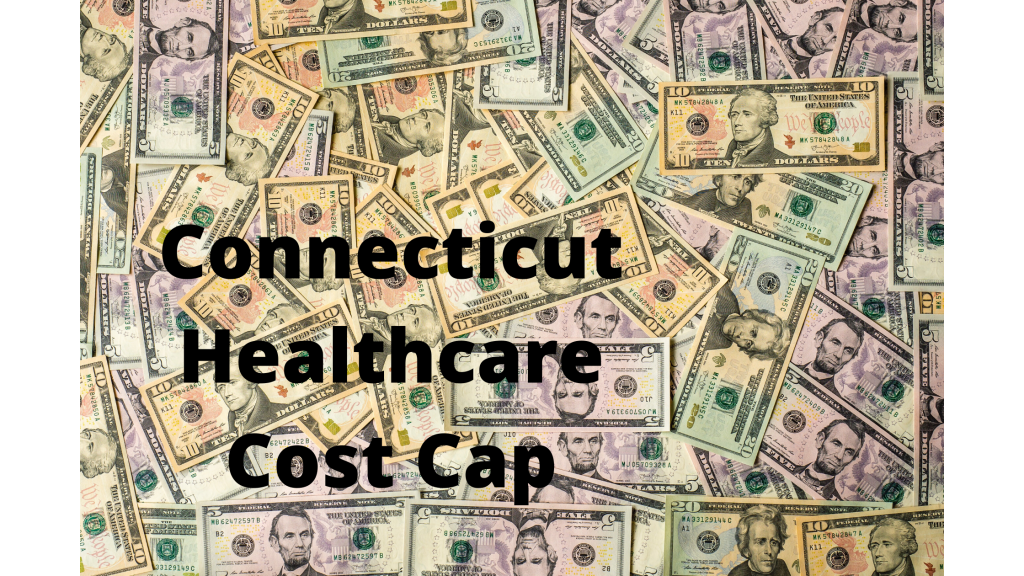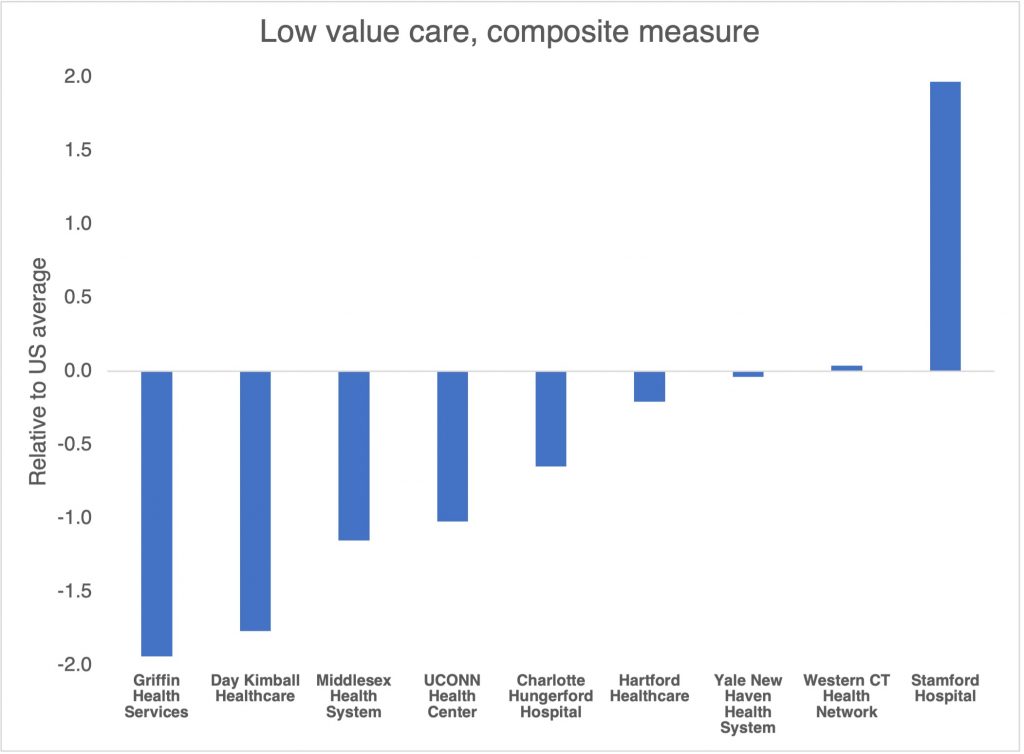Medicaid
OHS primary care committee sharply critical of agency’s plan
In this month’s meeting of the Office of Health Strategy’s Primary Care Subgroup, patient and consumer advocates joined insurers raising very strong concerns about OHS’s plans and capacity to implement the agency’s plan for primary care in Connecticut. OHS plans to double the share of Connecticut’s healthcare spending on primary care while tightly restricting growth…
Read MoreCTNJ Op-Ed – The Brainard Fund still making a difference after 64 years
In 2010, I got a call that advocates only dream about. The Hartford Foundation for Public Giving had a dedicated fund to pay medical bills for Hartford area residents who couldn’t afford them, and they wanted my help directing the money to people most in need. The good news is that the Brainard Fund still…
Read MoreResponse to OHS primary care capitation defense
Today, the CT Health Policy Project responded to a letter from the Office of Health Strategy regarding concerns from 25 independent consumer advocates, providers, and organizations. OHS’s response to our offer to work together to improve the health of every Connecticut resident is very welcome. In that spirit, the letter clarifies a few misunderstandings of…
Read MoreCost Cap primary care project only focusing on raising spending, not services
At the October 26th Primary Care Subgroup meeting, in response to questioning by a member, the Office of Health Strategy’s (OHS) consultants repeatedly confirmed that the goal of the Cost Cap provision on primary care is solely to raise spending, not to increase services. Members raised serious concerns about sending more money into the current…
Read MoreNew Cost Cap Steering Committee is industry-driven
The first meeting of the new Steering Committee to guide the Office of Health Strategy’s (OHS) plan to cap healthcare cost growth was uncharacteristically quiet. The meeting started with public comment from the Universal Healthcare Foundation of CT that the committee membership is “not balanced”, includes mainly members with “deep vested business interests”, and lacks…
Read MoreSign on letter voices deep concerns with primary care capitation
Today twenty-five independent advocates and providers signed a letter to the Office of Health Strategy opposing capitation of primary care services across Connecticut. The letter shares serious concerns with the Office of Health Strategy’s (OHS) plan to shift all primary care in Connecticut to a capitated payment model. The current concerns echo advocates’ and legislators’…
Read MoreCTNJ op-ed: Patient-centered or doctor-centered? Primary care planning is off track
Several state agencies and their committees are planning to expand primary care in Connecticut – that’s a good thing. But it’s being driven by primary care doctors and their needs rather than patients. Read more
Read MoreConnecticut hospital systems vary in reducing low-value care
A new report published in JAMA Internal Medicine on low-value care provided to Medicare beneficiaries at the health system level offers actionable tools to improve effective care on the ground. Healthcare services that provide little or no health benefit, may harm patients, increase costs, and waste resources are low-value. Examples include prostate specific antigen testing…
Read MoreCTNJ: OP-ED | Legislators Hear How RI Saved 2 Hospitals From Private Equity, Other Solutions to High Insurance Premiums
On Friday, in a forum sponsored by state Rep. Kerry Wood, six national and local experts gave legislators specific policy tools to help with health care market consolidation and rising drug prices that are driving up health insurance premiums. Legislators also got specific tools used by Rhode Island to avoid private equity abuses experienced in…
Read MoreCTNJ: Covered Connecticut is a good start, but needs tending
Policymakers were challenged this year to find an answer to voters’ demands for affordable healthcare coverage options. Both leading legislative proposals, a public health insurance option and restoring previous cuts to HUSKY parent coverage, had drawbacks and neither passed. The administration, together with the insurance industry, developed an alternative behind closed doors that did pass.…
Read More





